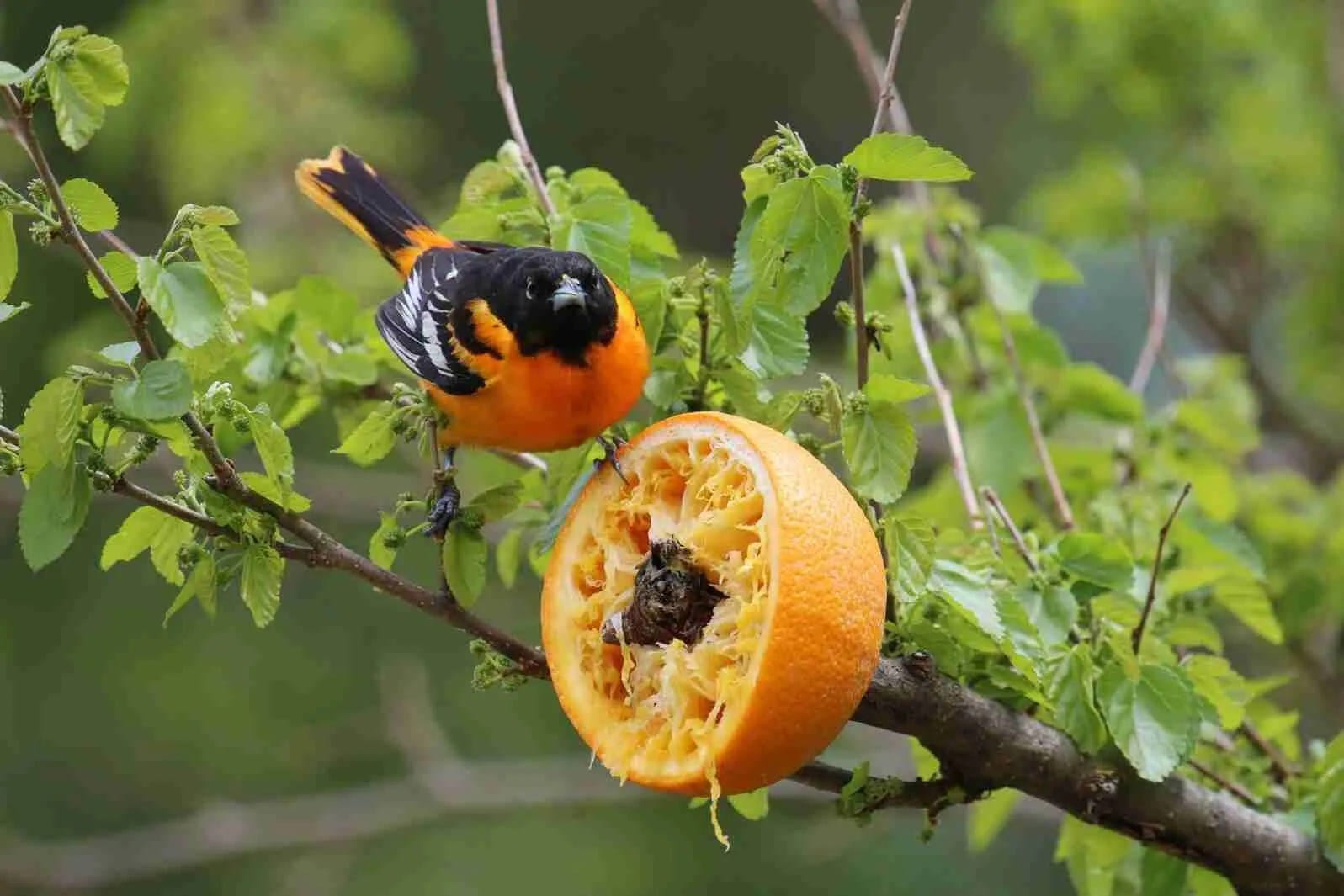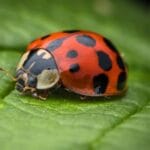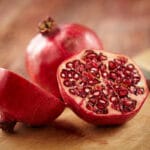Ever wondered what the mockingbird nibbles on? It’s not just your average worm dish! Mockingbirds, known for their amazing singing, have a secret life as food lovers. Get ready to dive into their culinary adventures and discover the surprising treats they munch on. From tiny insects to juicy fruits, we’ll explore the diverse diet of these feathered friends and uncover the fascinating role they play in our ecosystem.
Mockingbird Menu: A Seasonal Guide
What do those chatty mockingbirds in your backyard feast on? These fascinating birds are far from picky eaters! As omnivores, their diet is a delightful mix of plants and animals, changing with the seasons like a true foodie following the freshest flavors.
During the spring and summer months, when the air buzzes with new life, insects are a mockingbird’s primary food source. They can’t resist protein-packed meals of beetles, ants, caterpillars, and grasshoppers, providing much-needed energy for their busy lives. This protein-rich diet is essential for raising their young, as baby birds need these nutrients to grow big and strong. Speaking of the little ones, they especially depend on their parents to bring them soft, easily digestible insects like caterpillars, worms, and beetle larvae.
As summer fades into fall and winter approaches, insects become scarcer. Mockingbirds, ever adaptable, switch gears and turn their attention to the colorful bounty of berries and fruits. Blueberries, raspberries, strawberries, grapes, blackberries, elderberries, juniper berries, and pokeweed become their go-to snacks, providing essential sugars and energy to help them thrive in the colder months.
Do Mockingbirds Have a Sweet Tooth for Apples?
You bet! While we often think of birds and birdseed, mockingbirds have a surprising fondness for apples. As omnivores, they’re not opposed to a little fruit in their diet. Apples are an excellent source of sugar for energy and hydration, along with essential vitamins and minerals.
Want to offer this refreshing treat to your mockingbird neighbors? Here are a few tips:
- Cut it up: Slice apples into bite-sized pieces for easy consumption.
- Strategic Placement: Place apple pieces in a shallow dish or on a platform feeder in an open area where mockingbirds can easily spot them.
- Cleanliness is Key: Regularly clean the feeder to prevent disease spread among our feathered friends.
While we know mockingbirds enjoy apples, research continues to uncover the intricacies of their dietary preferences. Perhaps one day, we’ll fully comprehend the depth of their love for this fruit!
What Does a Mockingbird Hunt?
Mockingbirds are more than just berry enthusiasts; they’re skilled hunters with a taste for a diverse range of prey. Their diet isn’t limited to the sweet stuff!
Insects reign supreme on the mockingbird’s menu: beetles, ants, caterpillars, grasshoppers, crickets, and even wasps become their protein-packed meals. But their hunting prowess doesn’t end there. Mockingbirds have also been observed consuming small vertebrates like lizards and even baby turtles!
Their hunting techniques vary depending on the prey:
- Ground Foraging: They walk, run, and hop on the ground to spot insects and other small creatures.
- Gleaning: Mockingbirds meticulously pick insects off leaves and branches.
- Hawking: These skilled birds can snatch flying insects mid-air.
While insects are their primary food source, mockingbirds exhibit opportunistic feeding habits, meaning they’ll adjust their diet based on what’s available. This adaptability allows them to thrive in various environments.
Attracting Mockingbirds: Tips for Backyard Bird Lovers
Want to attract these melodious birds to your own backyard and witness their fascinating eating habits firsthand? Creating a welcoming habitat is key!
- Plant Native Berry-Producing Plants: This provides a natural and sustainable food source for mockingbirds throughout the year, attracting them with the promise of delicious berries.
- Provide a Water Source: A birdbath or fountain offers a welcome oasis for drinking and bathing, especially during hot weather.
- Avoid Pesticides: Pesticides harm or kill insects, eliminating a crucial part of a mockingbird’s diet. Creating a pesticide-free zone ensures a healthy food supply for these feathered friends.
By understanding the eating habits of mockingbirds and providing for their needs, you can create a haven for them in your backyard. Who knows, you might even witness the impressive sight of a parent mockingbird diligently feeding its chicks a protein-packed insect meal!
Ongoing Research and Future Discoveries
While we have a good understanding of the general dietary habits of mockingbirds, ongoing research constantly reveals new insights. Scientists continue to explore the finer details of their diet, such as regional variations in food preferences and the impact of factors like climate change on food availability.
For example, research suggests that the winter diets of Northern Mockingbirds mainly consist of fruit. However, more research is needed to determine the extent to which different mockingbird species rely on fruit during different times of year.
Additionally, scientists are studying how habitat loss and pesticide use might impact the availability of mockingbird prey. These factors can disrupt the delicate balance of ecosystems and affect the overall health of these birds.
Understanding the complexities of mockingbird diets is not only fascinating but also crucial for their conservation. By learning more about their feeding habits, we can better protect these incredible creatures and ensure they continue to thrive for generations to come.
Do you want to know what ladybugs eat and drink? They are commonly known for getting rid of pests. But what about when they are the ones being eaten? Discover what animals have ladybugs for what eats ladybugs.













2 thoughts on “What Do Mockingbirds REALLY Eat? Unveiling the Secrets of Their Diverse Diet”
Comments are closed.